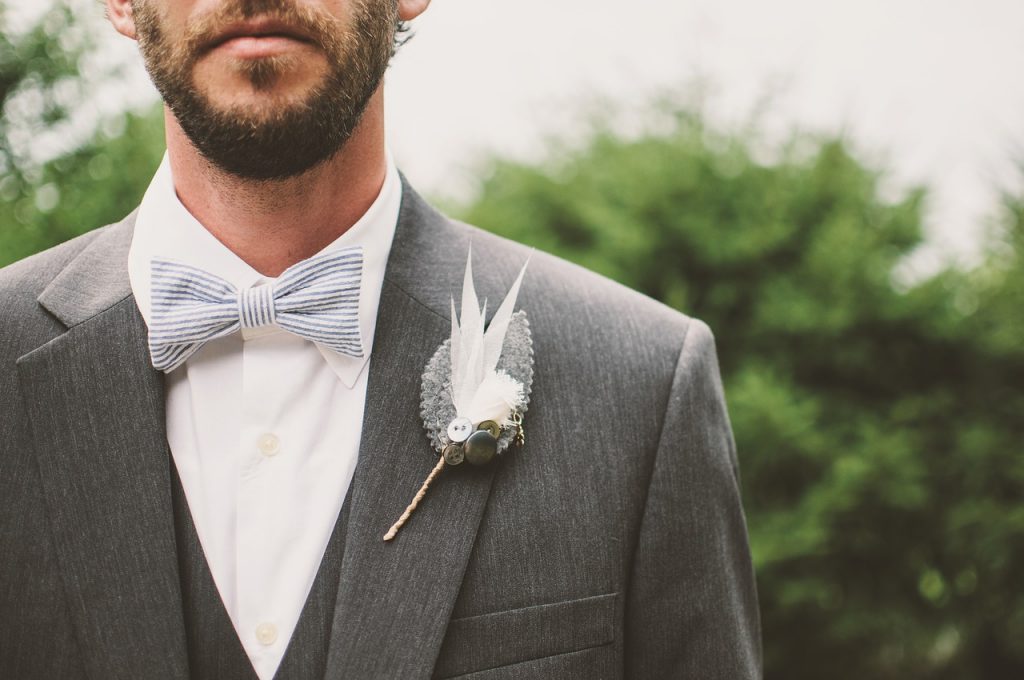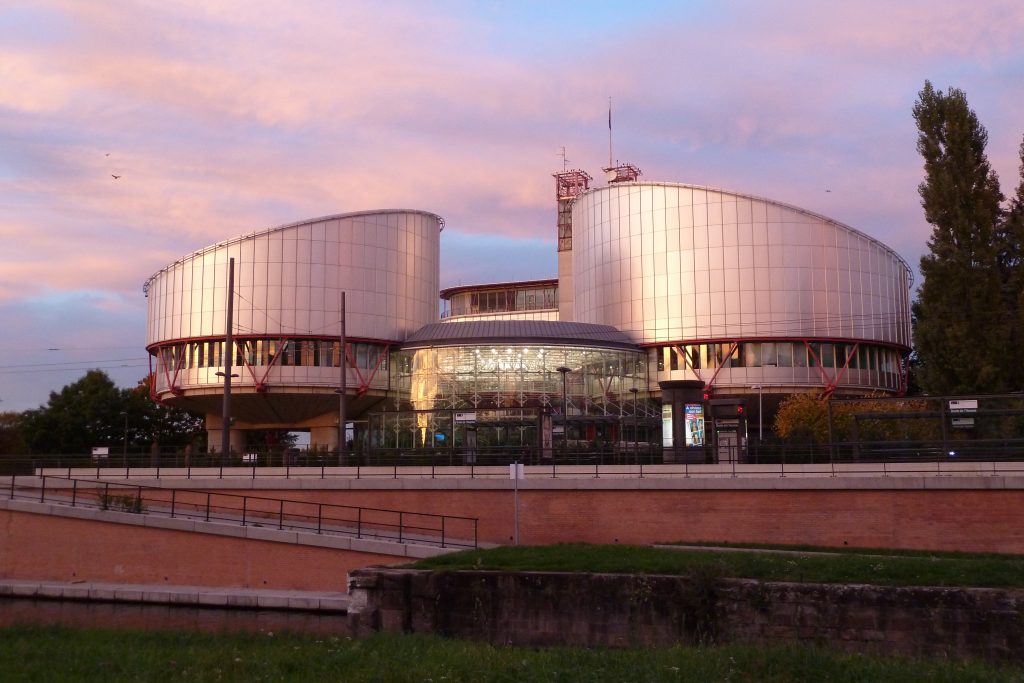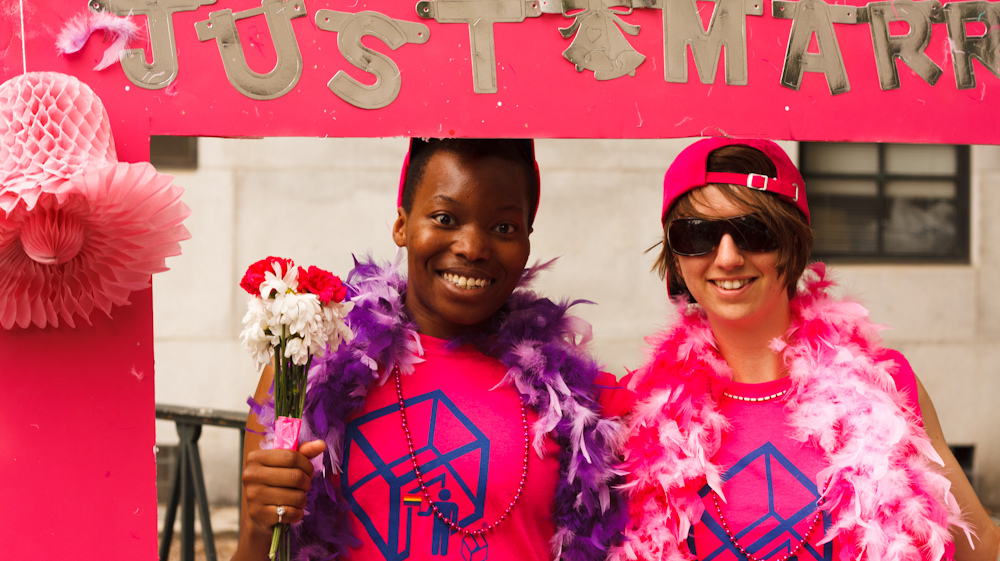The Church of Scotland may soon open its doors to gay marriages, as the Kirk’s General Assembly is set to debate a report recommending it.
It will be presented by the Theological Forum of the Church of Scotland, a leading voice for change within the Church. The report argues that the Church should apologise for a history of discrimination against gay people. It states:
We have often failed to recognise and protect the identity and Christian vocation of gay people and believe that the Church as a whole should acknowledge its faults
Supporters see the report as an important step forward for gay rights in Scotland. Today, 24 countries around the globe allow same-sex marriage in at least some reigons. There’s also growing international acceptance of gay rights. But is gay marriage a human right?
Gay Marriage in the UK
 Same-sex marriage is a devolved issue in the United Kingdom, leaving each country to make their own decision about its legality. In 2004, same-sex couples were allowed to enter Civil Partnerships, which gave the same rights and responsibilities as marriage. For many people, this still fell short of guaranteeing equal rights to same-sex couples.
Same-sex marriage is a devolved issue in the United Kingdom, leaving each country to make their own decision about its legality. In 2004, same-sex couples were allowed to enter Civil Partnerships, which gave the same rights and responsibilities as marriage. For many people, this still fell short of guaranteeing equal rights to same-sex couples.
In response, England and Wales passed same-sex marriage legislation in 2013, coming into force the following year. In Scotland, gay marriage has been legal since 2014. Northern Ireland remains the only country in the UK to not allow same-sex marriage.
Opponents of same-sex marriage worried that it would infringe on religious freedom. However, the Marriage (Same Sex Couples) Act provides protection for Churches that chose not to ‘opt-in.’ This means that religious organisations aren’t obligated to solemnise same-sex ceremonies. While some churches do perform gay marriages, many still choose not to.
The Law

Although gay marriage legislation is decided by national governments, international law can also play a role. In the UK, the Human Rights Act incorporates the Human Rights Convention into national law. Supporters of gay marriage often point towards Article 14 of the convention which guarantees rights “without discrimination on any ground.”
Article 8 also says everyone has the right to respect for their private and family life, adding this can’t be interfered with unless in the interests such as public safety or national security. Article 12 adds that ‘men and women of marriageable age have the right to marry,” although it leaves Governments free to make their own policy on gay marriage.
The Human Rights Court

The Human Rights Court has looked at several cases involving same-sex partnerships. Two of the most important are Schalk and Kopf v. Austrian (2010) and Oliari and Others v. Italy (2015).
Schalk and Kopf were a same-sex couple from Vienna who wanted to get married. Their request was turned down on the basis that marriage must be between a man and a woman. The Court did not find in Schalk and Kopf’s favour. They noted that while Article 12 doesn’t specifically exclude gay marriage, it grants the right to “men and women.” The Court also argued that Article 14 should be read together with Article 8, which is too general to guarantee same-sex marriages.
In Oliari and Others, three same-sex couples from Italy had been denied the right to marry because of their gender. The Court found partially in their favour, ruling that Italy had violated Article 8. The reason was that Italy had no legal recognition for same-sex couples. According to the Court, governments have an obligation to provide some form of legal recognition to same-sex couples. However, the Court repeated its decision in Schalk and Kopf – that this doesn’t necessarily mean marriage.
Into the Future

These rulings don’t ultimately answer the question of whether gay marriage is a human right. The Court is a living instrument, meaning its interpretation of the convention responds to changes in society. For many people, denying same-sex couples the right to marry is discriminatory. They argue this goes against the spirit of equality in human rights. As more countries agree that gay marriage should be legal, the Court’s approach may also change.







